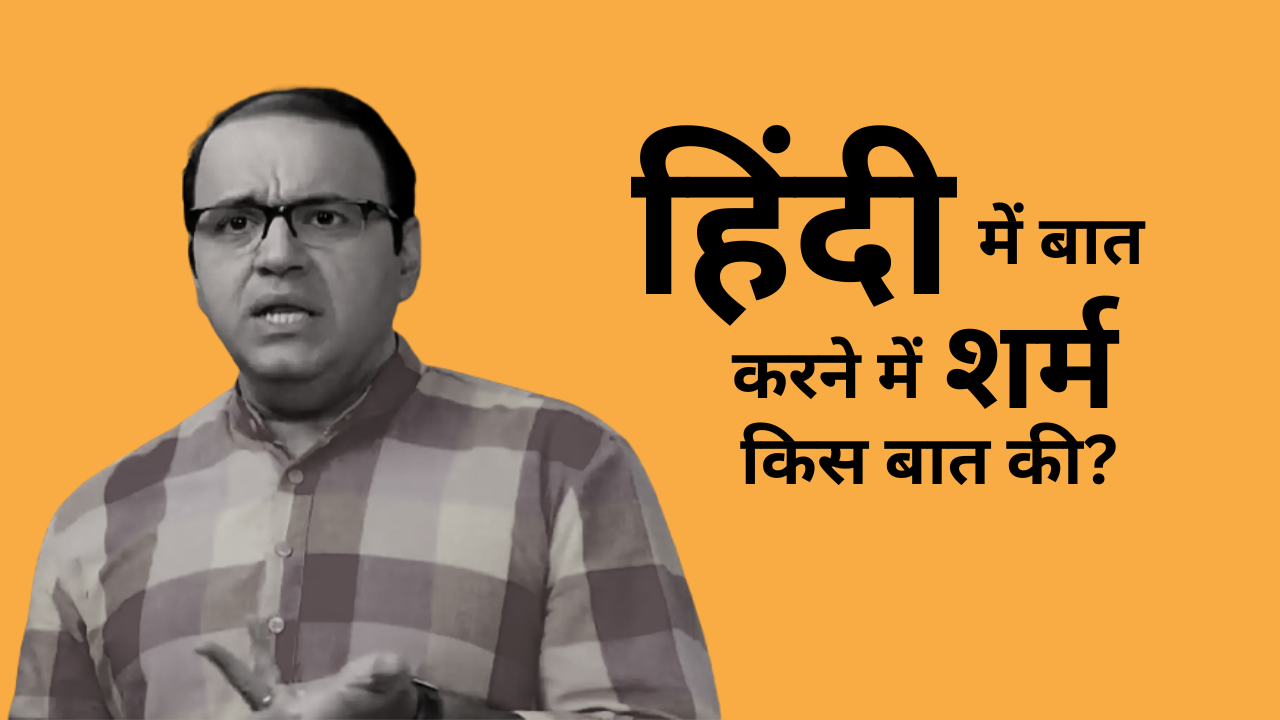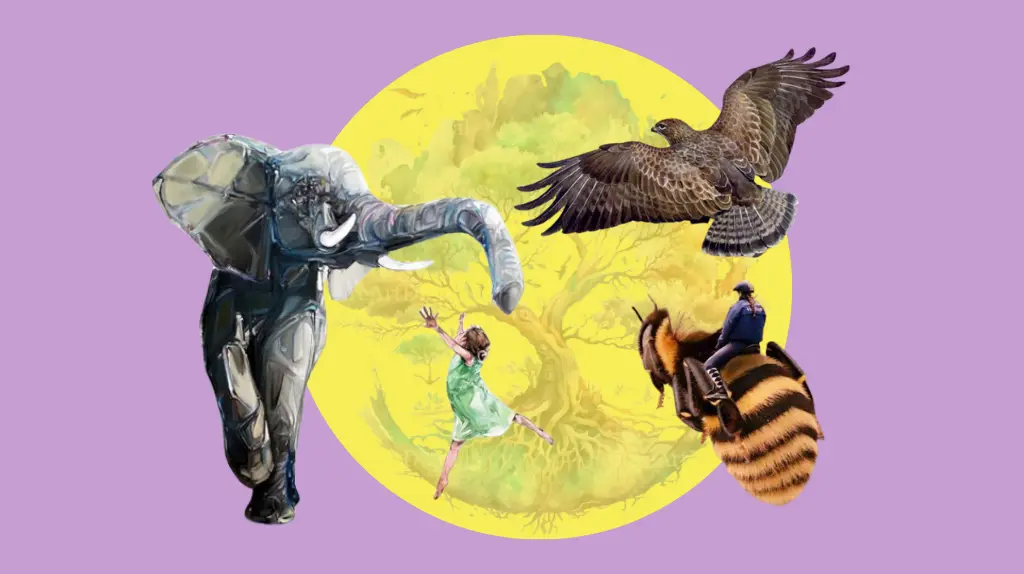Climate Change: Time to Walk the Talk
This talk needs to become sustainable practices in our daily lives to reduce carbon emissions
“In Our LiFEtime” is India’s latest campaign, launched during the ongoing climate-change talks, COP 27 in Egypt. The name itself captures the state of action against climate change. World leaders and governments have been discussing and blaming each other for the consistently rising global temperatures, but are unable to act on the same in a unified and effective manner.
Is it just the responsibility and concern of the government and international agencies to act on and regulate climate action?
We think not!
Do we not act because we are not sure what all the hullabaloo about climate-change is?
Or is it because we do not understand what climate change is?
Or is it because we do not know what we can do about it?
Or is it because it is easier to lay the blame on someone else’s door?
Each of us can act in our individual and collective capacities. And the Government of India’s latest campaign seems to recognise this. ‘In our LiFEtime’ is aimed at the youth. The campaign is open to young people across the globe, between the ages of 18 to 23 years. Anyone with a passion for environment conservation and commitment to sustainable lifestyles can submit their climate actions that contribute to the environment within their capacity. These actions can be lifestyle practices, which are sustainable and scalable, and serve as good practices that can be shared globally.
But before we rush-in to showcase our models of sustainability, let us clearly define what, why and how carbon emissions are impacting our environment and us.
What, Why and How CO2 Impacts the Environment?
Why does it matter that we are releasing carbon dioxide into the air? Plants are there to absorb it, duh! While it’s true that plants absorb carbon dioxide, the rate at which we (humanity) are producing it is more than what plants can absorb. And solving this problem is not as simple as planting more trees.
Carbon emissions can broadly be defined as the release of carbon dioxide (CO2) into the atmosphere. CO2 is released primarily through combustion; for example, when we burn wood, LPG, petrol, or any other form of a carbon compound. Most human activities from daily travel to shopping to eating packaged food or even purchasing clothes contributes to carbon emissions. Industrial processes like production of electricity, manufacturing plastic, rubber or cutting down trees, mining, production of metals, and so on are the worst contributors to carbon emissions.
India, as of 2019, releases 2.6 billion tons of carbon emissions into the air. Ranking 4th in the world after China, the USA, and Europe. Contributing to a total of 7.41% globally, out of which, transportation produces 10.2% and non-combustion industries produce 8.1%, adding to a total of 18.3% of all the carbon emissions in India.
Unfortunately, we are constantly pushing the goal posts of achieving some impact via climate action, globally. For example India recently moved up its net zero emission goal by 2050 to net zero in 2070.
One small step can make a big change
As with any developing nation, in India as well, we are just about bringing in the infrastructure to support electric vehicles and alternatives to fuel-powered vehicles. While we work on that, you and I can still help reduce and control carbon emissions. A simple and easy step, which some of you out there already do is – USE PUBLIC TRANSPORT. It is cheap, reduces traffic and helps reduce carbon emissions.
While a lot of cities in India are booming with E-Rickshaws, the usage of electric cars, bikes, and other vehicles are little to none. There are 1.3 million EVs on the roads of India, but most of them are E-Rickshaws, even though the government proposed that India will have 50% EVs on road by 2030, the percentage of cars is set to be just 5%.
Let us convert. Use public transport. Move to electric vehicles.
Small changes like these benefit the environment and also make way for sustainable development.
Stop knee-jerk “green” trends
The most popular “green” trend that makes little sense is the use of paper straws instead of plastic straws. It started with saving the sea-turtles. But is it really a sustainable alternative?
As I mentioned, the production of plastic, paper, and rubber leads to carbon emissions. So do paper straws actually win over the previously popular counterpart – plastic straws? Hate to break it to you, but it does not!
I don’t wanna bore you with the Math, so I will give you two simple numbers and you can decide for yourself. While the production of plastic straws leaves 1.5g of carbon footprint, paper straws leave a whopping 4.7g! That’s more than three times compared to the counterpart.
The average cost of paper straws is more, we need to cut down trees to make them, the resources used are costly and not in abundance, and it gets soggy in your drink. So plastic straw is a champ? No, not really. Sea turtles, remember?
This is where we went wrong – the “green” solution was not thought through in its entirety. The solutions we adopt or suggest to reduce our carbon foot-print need to be thought through and must be long-term solutions. Else, it is a wasted effort.
For instance in the case of the paper straw the non-disposable metal versions or even the latest trend of edible utensils are a more sustainable option.
Who needs to change?
WE – you and me – need to make the change. First in our own houses then our families and then our social circles and create ripples that will spread far and wide.
The question you need to ask yourself is, who will save the earth?
When will we adopt more than just the latest ‘green’ trends?
How dire is the need for EVs and the accompanying infrastructure needed for the same?
Edible utensils are produced in Western India, why have they not become the new normal?




